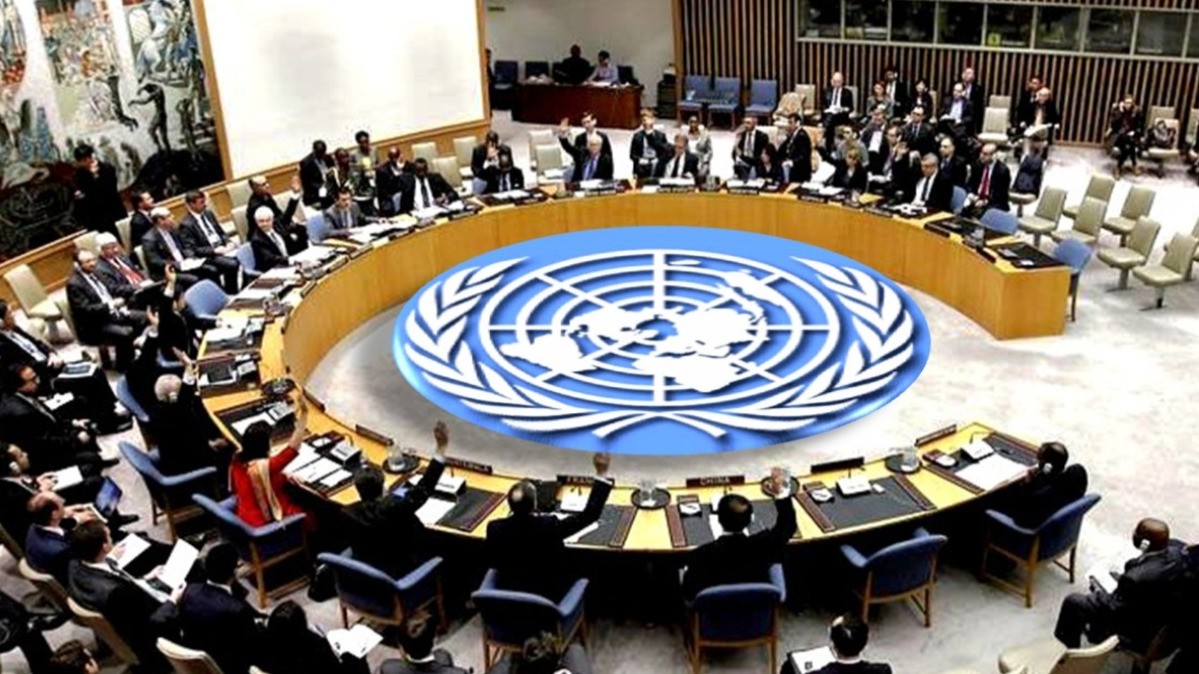Kenya is set for its fourth Universal Periodic Review (UPR) by the United Nations Human Rights Council (UNHRC) on May 1, 2025, during the Council’s 49th session in Geneva.
This peer-review mechanism, which all 193 UN Member States undergo approximately every 4.5 years, will assess Kenya’s human rights practices alongside 13 other countries reviewed from April 28 to May 9.
The UPR Working Group will analyze Kenya’s national report compiled by independent experts and civil society, along with UPR submissions from UN treaty bodies and entities. Key contributions include:
Kenya National Commission on Human Rights (KNCHR): Highlighted the abolition of the death penalty, but raised concerns over persistent torture, impunity, and inadequate protection for journalists and protesters.
Civil Society & Regional Bodies: Flagged deficiencies in passing a dedicated human rights defenders law and underfunding education, healthcare, and oversight institutions.
International Commission of Jurists (ICJ): Emphasized chronic underfunding of the judiciary, impeding timely justice.
Stakeholders criticized controversial provisions in the Assembly and Demonstration Bill and noted failure to curb extrajudicial killings, citing a lack of effective investigations and forensic capacity. Reports also documented enforced disappearances linked to police operations and the slow implementation of recommendations from Kenya’s January 2020 review.
While the Supreme Court’s 2017 decision to remove the mandatory death sentence for murder has led to re-sentencing applications, calls persist for broader legal safeguards for human rights defenders.
Elected in October 2024 for a three-year term, Kenya’s seat on the UNHRC was contested by local rights groups pointing to extrajudicial killings during the 2024 anti-tax protests, where the Independent Policing Oversight Authority recorded 60 fatalities.
As Kenya prepares for its UPR, the global community will scrutinize progress made and challenges ahead in upholding fundamental freedoms.









